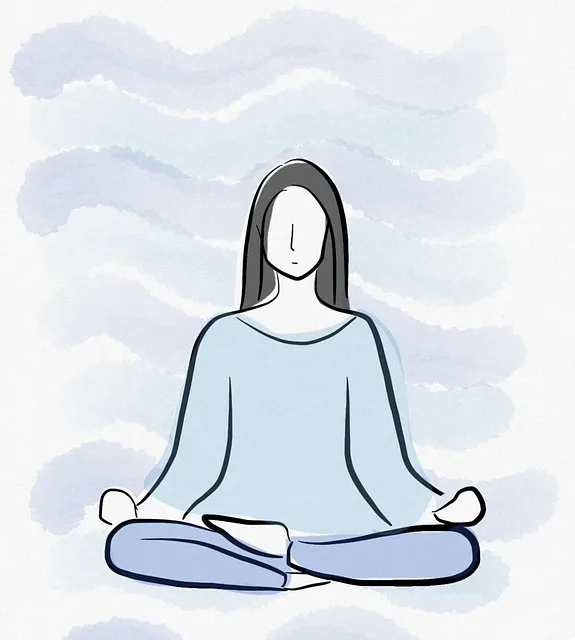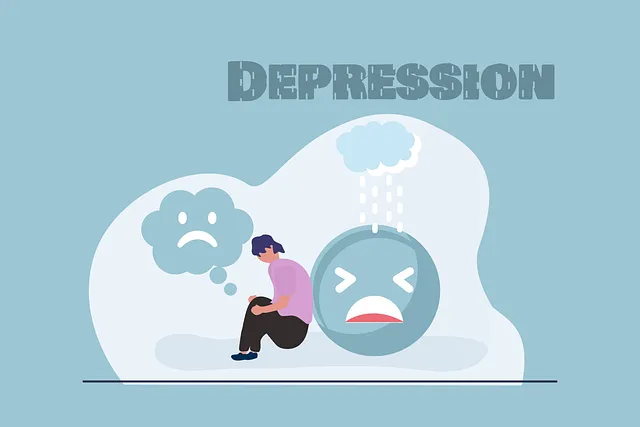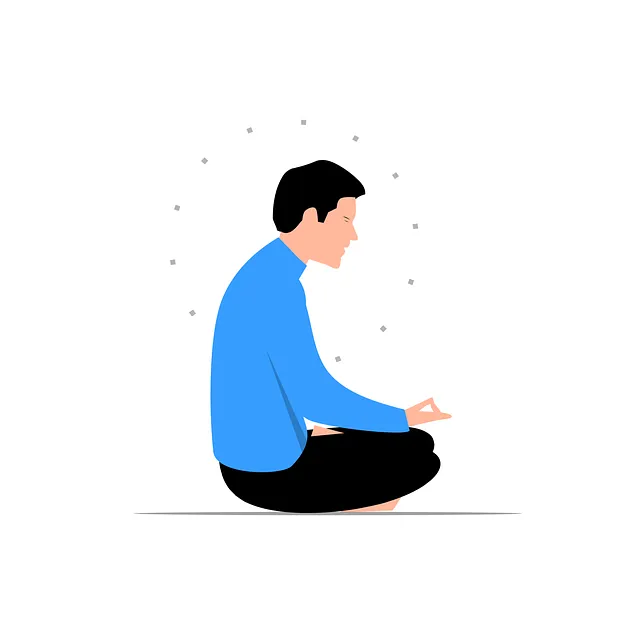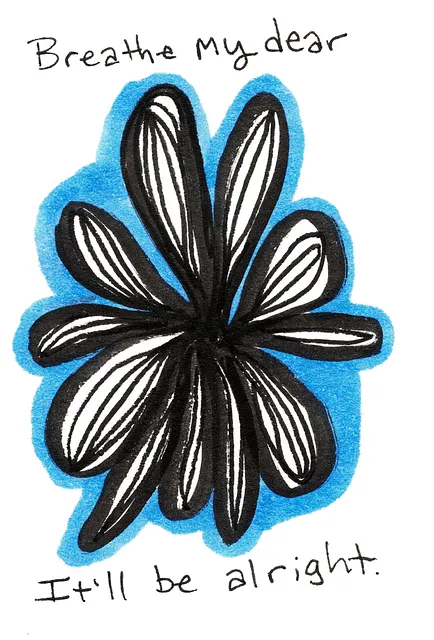The Littleton Kaiser Permanente mental health center focuses on holistic self-care for optimal well-being. They emphasize cultural sensitivity, offering tailored compassion cultivation and empathy-building strategies. Introspection and mindful journaling aid in identifying personal self-care needs, leading to a comprehensive approach to mental health. Mindfulness techniques, like meditation and deep breathing, reduce stress. Healthcare providers prioritize physical and emotional well-being through exercise, balanced diets, and mindfulness practices, enhancing resilience against job demands. Community building through group therapy, events, and educational programs extends support beyond the center's walls.
At Littleton Kaiser Permanente Mental Health Center, we recognize that self-care is not a luxury but a necessity for holistic well-being. This article explores practical steps towards enhancing self-care practices, inspired by our center’s commitment to mental health support in the community. From understanding individual needs to incorporating mindfulness and cultivating healthy habits, we guide you through a transformative journey. Additionally, discover the power of community in fostering sustainable self-care routines, all tailored to the unique context of the Littleton Kaiser Permanente mental health center.
- Understanding the Importance of Self-Care at Littleton Kaiser Permanente Mental Health Center
- Identifying Personal Self-Care Needs and Priorities
- Incorporating Mindfulness and Relaxation Techniques into Daily Routines
- Cultivating Healthy Habits for Physical Well-being in Alignment with Mental Health
- Building a Supportive Community to Enhance Self-Care Practices
Understanding the Importance of Self-Care at Littleton Kaiser Permanente Mental Health Center

At Littleton Kaiser Permanente Mental Health Center, we recognize that self-care is more than just a trend; it’s an essential pillar of overall well-being. In today’s fast-paced world, where stress and mental health challenges are prevalent, prioritizing self-care becomes crucial. Our center understands the profound impact it has on individuals’ lives, fostering resilience and improving their ability to manage daily pressures. By integrating various practices, we encourage patients to nurture not just their minds but also their bodies and spirits.
The Littleton Kaiser Permanente Mental Health Center takes a holistic approach to self-care, acknowledging that cultural sensitivity in mental healthcare practice plays a vital role. We offer Compassion Cultivation Practices and Empathy Building Strategies tailored to meet the unique needs of our diverse patient population. These strategies not only enhance therapeutic outcomes but also create a supportive environment where individuals feel understood and encouraged to embark on their journey towards improved mental health.
Identifying Personal Self-Care Needs and Priorities

Identifying your personal self-care needs and priorities is a crucial step in enhancing mental wellness. The Littleton Kaiser Permanente mental health center encourages individuals to take time for introspection, recognizing their unique requirements for optimal mental health. This process involves understanding one’s emotions, physical sensations, and behaviors, as well as the activities that bring joy, reduce stress, and foster a sense of balance. By acknowledging these aspects, you can tailor your self-care routine development for better mental health.
Self-awareness is enhanced through empathy-building strategies such as mindful journaling exercises. The Mental Wellness Journaling Exercise Guidance recommends dedicating time each day to reflect on your experiences, thoughts, and feelings. This practice not only helps in processing emotions but also provides insights into patterns that contribute to overall mental wellness. By prioritizing self-care based on these findings, you can create a holistic approach to better mental health, leaving a positive impact on your well-being.
Incorporating Mindfulness and Relaxation Techniques into Daily Routines

Incorporating mindfulness and relaxation techniques into daily routines is a powerful way to enhance mental wellness, as advocated by professionals at the Littleton Kaiser Permanente mental health center. These practices, such as meditation, deep breathing exercises, and yoga, can significantly reduce stress levels and improve overall emotional well-being. Dedicating just a few minutes each day to these activities allows individuals to cultivate a sense of calm and present-moment awareness, which is essential for navigating life’s challenges effectively.
For those looking to integrate these techniques, starting simple is key. Maintaining a Mental Wellness Journal can be an excellent way to document thoughts, track progress, and gain insights into triggers and coping mechanisms. Additionally, engaging in regular Journaling Exercise Guidance sessions or exploring activities like mindfulness-focused Exercise Guidance can provide structured support for beginners. Such practices not only promote relaxation but also serve as preventive measures against depression and offer valuable Trauma Support Services.
Cultivating Healthy Habits for Physical Well-being in Alignment with Mental Health

Cultivating healthy habits is a cornerstone of both physical and mental well-being, especially for healthcare providers who often face high-stress environments at Littleton Kaiser Permanente mental health center. Incorporating regular exercise, balanced nutrition, and adequate sleep into daily routines can significantly mitigate burnout risk, enhancing resilience against the demands of their profession. These foundational practices not only support physical health but also serve as essential burnout prevention strategies for healthcare providers, fostering emotional stability and resilience.
Moreover, prioritizing self-care through mindfulness practices, such as meditation or journaling, contributes to the promotion of emotional well-being. Developing emotional intelligence allows professionals to better understand and manage their emotions, leading to improved patient interactions and overall job satisfaction. By integrating these techniques into their lives, healthcare providers can create a harmonious balance between their physical and mental health, ultimately enhancing their ability to care for others.
Building a Supportive Community to Enhance Self-Care Practices

Building a supportive community is an essential aspect of enhancing self-care practices and overall mental wellness. The Littleton Kaiser Permanente mental health center has recognized this, offering various initiatives to foster connections among individuals seeking better mental health. Through group therapy sessions, support groups, and social events, clients can find like-minded people who understand their journeys. This sense of belonging encourages open dialogue about challenges and triumphs related to mental health, creating a safe space for vulnerability and growth.
The center also promotes community engagement by designing and hosting educational programs focused on mental health awareness. These programs empower individuals with knowledge, encouraging them to prioritize self-care. Additionally, the production of a mental wellness podcast series can reach a broader audience, providing valuable insights into various mental health topics. By combining these strategies, Littleton Kaiser Permanente aims to strengthen inner strength development while fostering a supportive network that transcends the walls of the mental health center.
At Littleton Kaiser Permanente Mental Health Center, prioritizing self-care is not just encouraged but recognized as a cornerstone of holistic well-being. By understanding individual needs and incorporating practices like mindfulness and healthy habits, individuals can create a supportive environment for themselves. Building a community that fosters open dialogue and shared resources further enhances these efforts. Through these comprehensive strategies, the Littleton Kaiser Permanente mental health center aims to empower individuals to take charge of their mental and physical health, ultimately leading to improved self-care practices and enhanced overall well-being.




